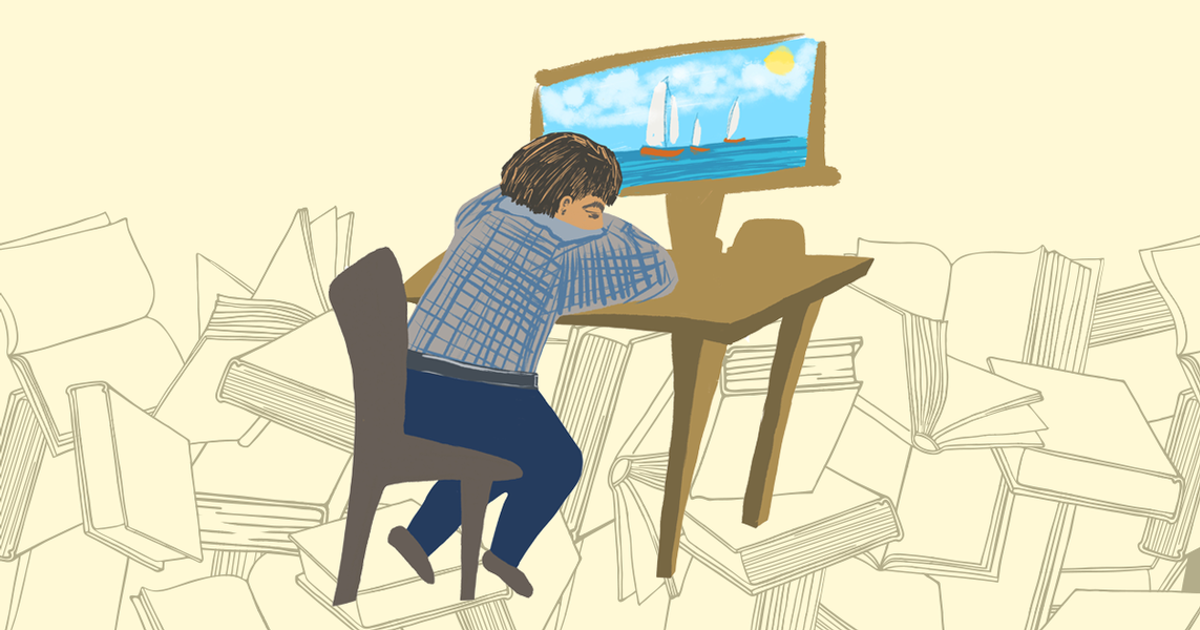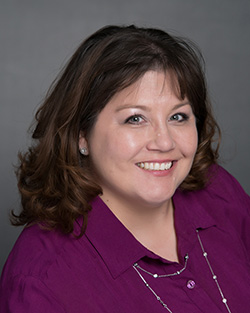
It’s a whole new world — at least that’s what it feels like. But no Disney movie I’ve ever seen has prepared me for this adventure.
It can be easy to be overwhelmed and even a bit frightened right now, especially for parents and caregivers of children. While I don’t have a magic wand, I do want to share a few ideas to, hopefully, help you during these unsettling times.
First, remember to breathe. That sounds simple, but we’re all experiencing extreme stress, and sometimes we forget to take deep breaths and give ourselves a moment. A moment before we respond, type, or react. A moment to remember this will not last forever. A moment to remember we love the people with whom we are suddenly quarantined! This is also good to practice with your kids. It helps them learn to control their emotions and understand that difficult times require us to pause before acting, so we can make better decisions.
The next step is to have realistic expectations. Most of you are not teachers, and you are not “homeschooling your children” now.
That phrase can be misleading and dangerous. True homeschooling means you have decided to bring your child’s learning into your home, a decision typically well thought through. It also means you have rearranged your life, work commitments, and environment to promote the ability to learn within your home. Further, it means you have the time — and energy — to prepare or locate appropriate curriculum. And that you feel ready and able to teach the material.
It’s also important to understand what true homeschooling does not mean. While changes have happened suddenly, your child’s educational provider did not go away forever, leaving you as sole facilitator of their learning. Instead, you are navigating a temporary period during which you would like to see your child have some educational enrichment.
This does not constitute homeschooling, but it is a new, chaotic situation for which you’ll need some help. Moreover, you must deal with it on top of your employment situation and home obligations that didn’t get the message that everything in the world has suddenly turned inside out. It gets dangerous when we start thinking we must do it all but don’t feel qualified.
You are not a teacher, and your home is not a school.
Assuming the opposite will lead you and your children to frustration and stress. Your home is a place where you find safety and comfort. That’s what your kids need right now. Don’t expect them to do eight straight hours of daily schoolwork; it’s not going to happen, even if you and they are lucky enough to work with a full curriculum.
Don’t expect yourself to be as productive in a remote work environment either. You now have a whole house full of distractions. Give yourself, and your children, some grace.
But you are not alone. Every parent at your child’s school, and across the country, is going through the same thing. You will have an influx of resources coming at you, if you haven’t already, and that can be even more overwhelming.
So, where do you start? And how do you know what to use?
We’re here to help. While Mensa for Kids already offers lesson plan units with multiple lessons and TED Connections with assessments, plus activity plans and a robust Pinterest page full of educational resources in easy-to-navigate boards.
We’re also rounding up some of the best third-party educational resources we know of — and searching for even more. And we’ll be adding new resources to this round-up daily. It’s our mission to provide you and your family with quality resources that cover a variety of topics through a variety of learning methods. We recommend that you use what works best for your child and your learning environment.
Set a schedule for yourself and your children. Children thrive in a structured environment. They are in a time of chaos, and what they need more than anything are some boundaries and consistency. Khan Academy offers helpful, hour-by-hour schedules for ages 4-18. These can, of course, be modified to meet your family’s needs.
You can help your kids learn from home, but right now, learning is different. It doesn’t have to be like it is at school. Baking cookies with your child is still teaching them measurements and volume, which is math; similarly, they are reading instructions and baking, which is about science. Learning will look different for a while and that is perfectly fine. What they learn from you in the coming weeks might just be the greatest adventure of their lives.

Jamie, American Mensa’s Gifted Youth Programs Manager, has been a state-licensed teacher for more than 15 years. She received her Gifted Education certification in 2016. She was recognized as the 2008 Teacher of the Year at Bowie Middle School in Amarillo, Texas, and was a finalist for the 2011 Texas Speech Communication Association’s Teacher of the Year.